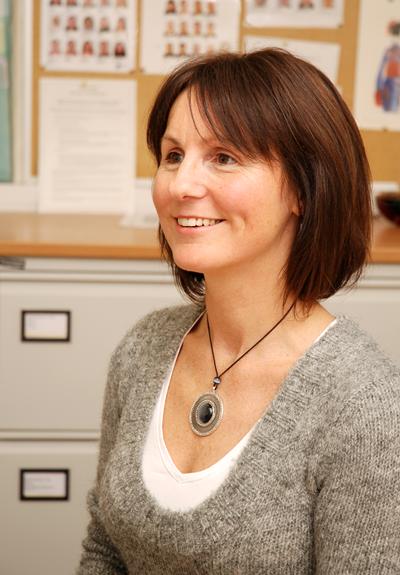Dr Lorraine E Williams BSc, PhD
Associate Professor in Plant Biology, Principal Investigator (Role of membrane transporters in nutrition, stress and signalling)

Dr Lorraine E Williams is Associate Professor in Plant Biology within Biological Sciences at the University of Southampton.
Career History
2014-present:
Associate Professor. Biological Sciences, University of Southampton, UK.
2004-2014:
Senior Lecturer. School of Biological Sciences, University of Southampton, UK.
2001-2004:
Lecturer. School of Biological Sciences, University of Southampton, UK.
1991-2001:
Royal Society University Research Fellow. School of Biological Sciences, Southampton, UK.
1991-1991:
Postdoctoral Research Assistant. Department of Biology, University of Southampton, UK.
1989-1991:
SERC Postdoctoral Research Fellow. Department of Biology, University of Southampton, UK.
1988-1989:
Postdoctoral Research Associate. Department of Agronomy, University of Illinois, Urbana, Illinois, USA.
1987-1988:
Postdoctoral Research Associate. Department of Genetics and Pathology, Hawaiian Sugar Planters' Association, Hawaii, USA.
1984-1987:
Graduate Research Assistant. Department of Biology, University of Southampton, UK.
Academic Qualifications
1984-1987:
PhD Plant Physiology. University of Southampton, UK.
1980-1984:
BSc Applied Biology. University of Bath, UK.